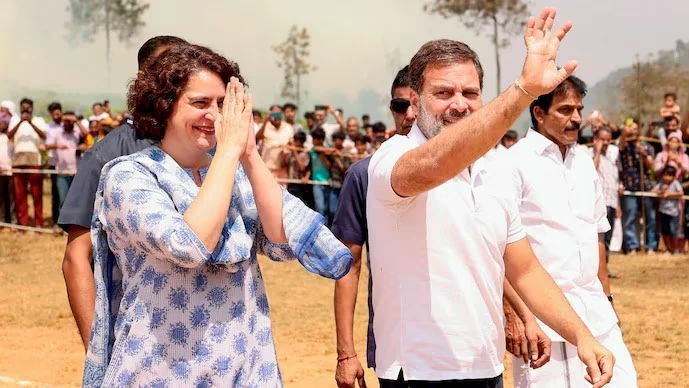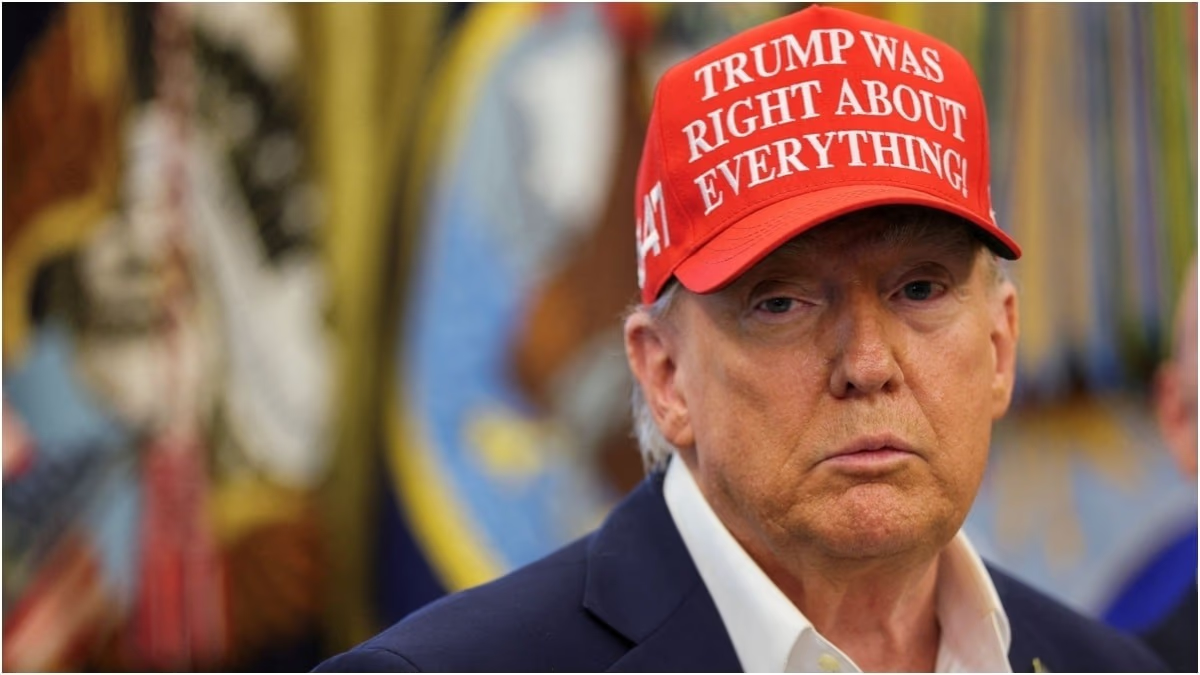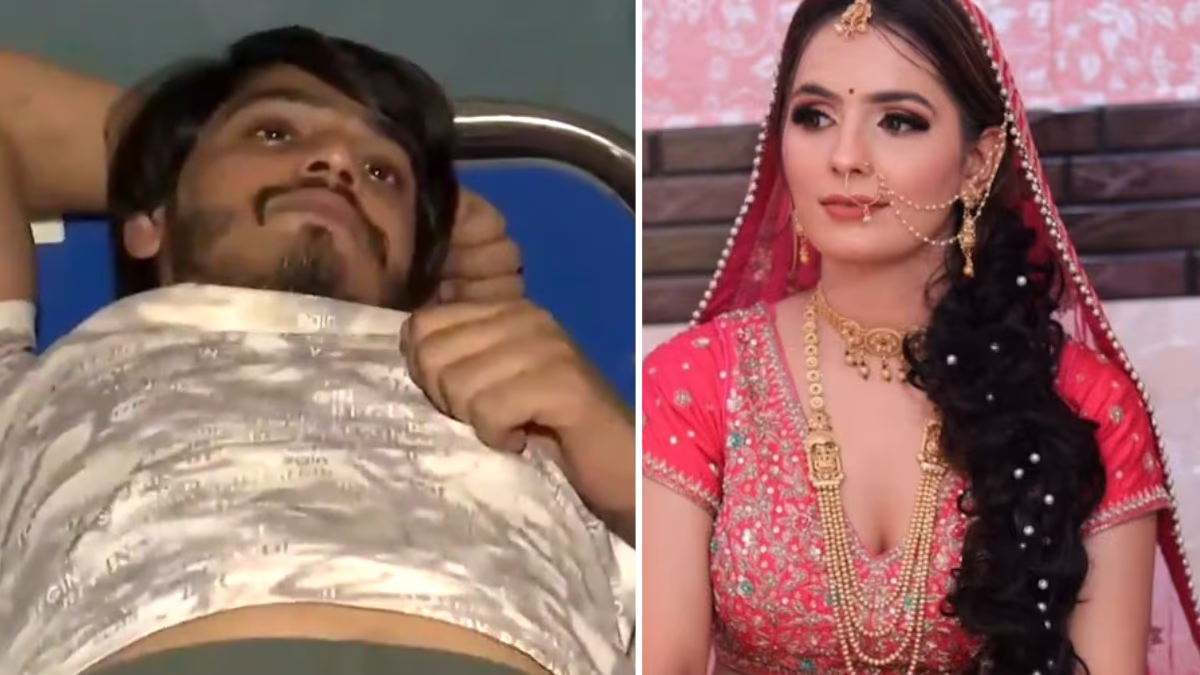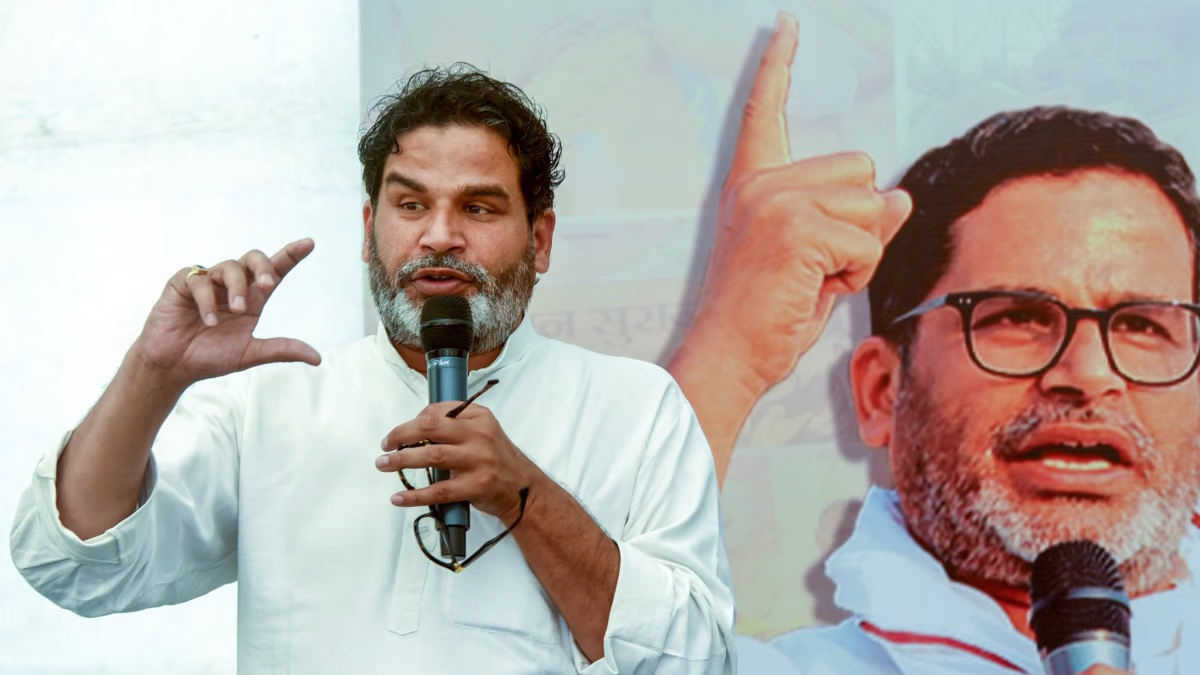As the Bihar assembly elections approach, Rahul Gandhi, Congress's leader in the Lok Sabha and former national president, has taken charge. Currently on a voter rights tour, Rahul Gandhi started this journey in Sasaram on August 17, continuing until September 1.
This 1,300 km journey aims to reach 50 assembly seats across 23 districts. Alongside Rahul, Bihar's Assembly Leader of Opposition Tejashwi Yadav is participating, and now they will be joined by sibling Priyanka Gandhi.
Priyanka will arrive in Bihar for a two-day visit, joining the voter rights tour on August 26 and 27. On August 26, she will participate in the journey in Supaul and Madhubani. On the second day, August 27, she plans to offer prayers at Janaki Temple.
Priyanka Gandhi has also scheduled roadshows in Darbhanga and Muzaffarpur. This marks her first political event in Bihar since entering active politics, focusing on regions known as strongholds of the Bharatiya Janata Party and the ruling National Democratic Alliance (NDA).
Historically, these areas were also Congress bastions, and the Grand Old Party seems determined to reclaim its lost ground.
Rahul's initiative to connect with the public before the official election program launch and Priyanka's participation are seen as parts of Congress's overarching strategy. Priyanka's involvement coincides with Hartalika Teej, a fast observed by married women in Bihar and Eastern UP for their husbands' longevity.
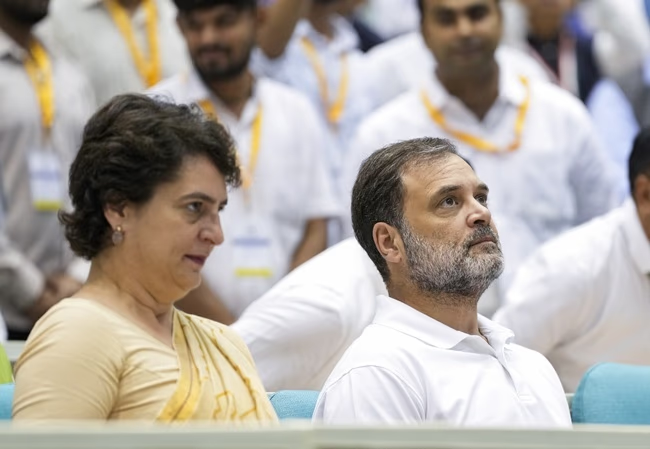
Source: aajtak
This festival is part of Congress's outreach to women, considered a core voting base of Nitish Kumar. Priyanka's planned visit to Janaki Temple on the next day is perceived as a strategic counter to BJP's Hindutva politics.
Veteran journalist Omprakash Ashk notes that BJP's strategy often leverages emotional issues, and Priyanka's visit indicates Congress's readiness to play on the same field. Whether Priyanka will observe the Teej fast remains uncertain, but her visit to the temple is meant to resonate with local sentiments as Congress aims to counter BJP with its own tools.
Ashk further explains that elements like temples, rituals, and religious practices have been staples in BJP's electoral playbook. In 2021, BJP's campaign in West Bengal also began with temple visits, culminating in Mamata Banerjee compelling her candidates to visit temples for morning prayers.
Countering allegations of appeasement, Mamata Banerjee resorted to public recitation of Chandi Path in Bengal. Similarly, Priyanka's temple visits could serve as a political experiment in Bihar. Even in previous states like UP, Priyanka frequently visited key temples for prayers.
Omprakash Ashk remarks that both Congress and RJD have faced accusations of favoritism. Priyanka's timely visit suggests that Congress is systematically addressing challenges posed by these allegations.
If successful, Priyanka's gambit could disadvantage BJP and JDU. However, the effectiveness of her female and religious card will only be seen in election outcomes.
As the opposition works to engage the public before official election announcements, the learnings from past electoral results have informed their current activism. In 2020, the Grand Alliance's campaign largely revolved around Tejashwi Yadav, with Rabri Devi less active in the field.
The alliance felt the absence of an impactful female presence. To address this, Congress strategically fielded Priyanka early on. She is a popular figure among Bihar's women.
While Priyanka's popularity remained high, she previously confined her campaign to her brother Rahul's Wynad seat and Uttar Pradesh, skipping Bihar rallies. In recent assembly elections, women have consistently outvoted men.
In 2010, Bihar became the first state where female voter turnout surpassed that of males—54.5% compared to 53%. Nitish's party's best performance was also seen in this election, with JDU winning 115 seats alone.
Female voter volume continued to exceed male turnout in 2015 and 2020. In 2015, 60.4% of women voted compared to 51.1% of men, and similarly, in 2020, female turnout exceeded males by 5%.
